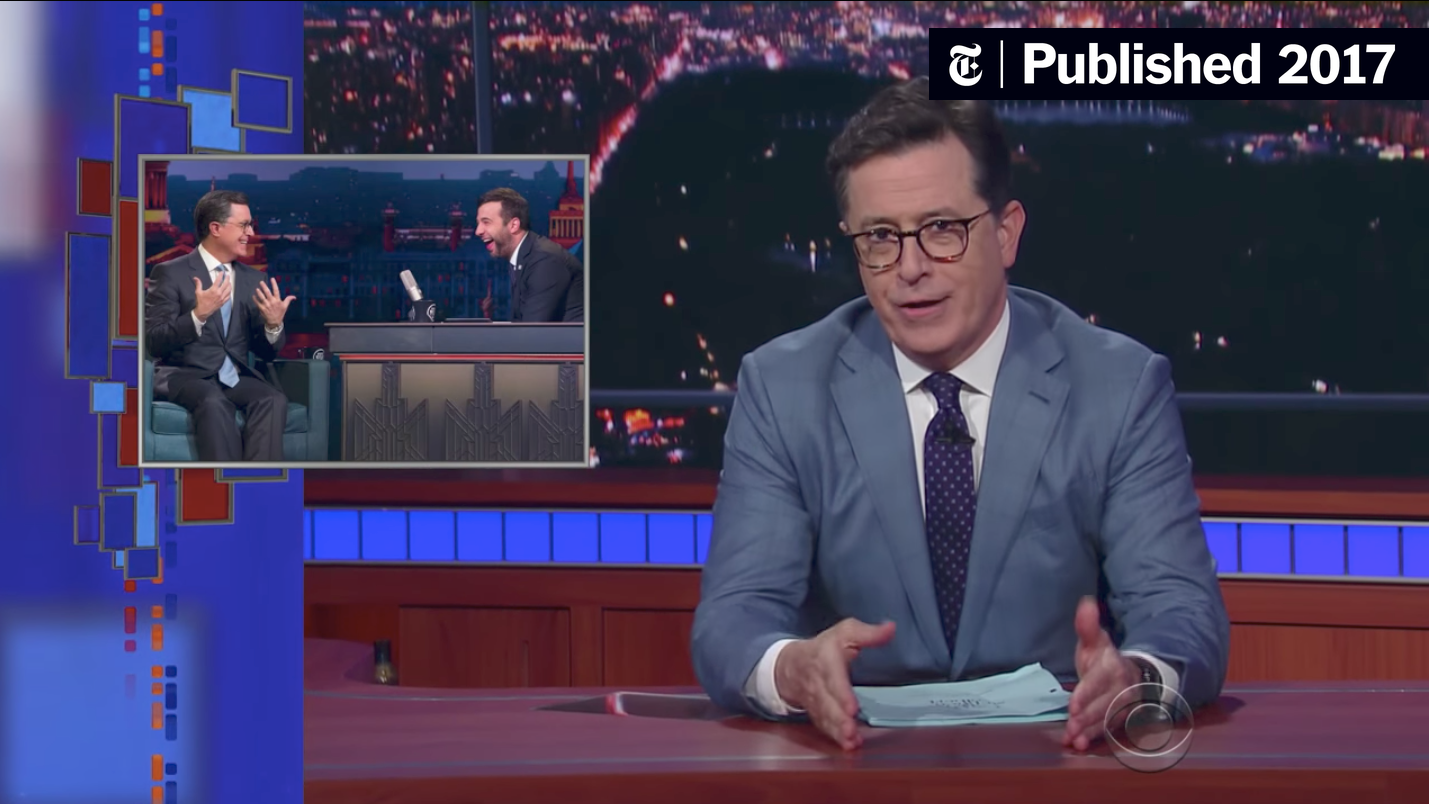In the realm of entertainment and politics, the fusion often breeds speculation, intrigue, and an occasional frenzy of media coverage. One such instance is the persistent rumors surrounding comedian and late-night television host Stephen Colbert and the possibility of his presidential aspirations. While the thought may evoke chuckles and disbelief, it merits a closer examination of the nuances involved.
Colbert, known for his sharp wit and incisive satire, has, more often than not, utilized his platform to critique political figures and their policies. His character, once a caricature of a conservative pundit, has evolved into a nuanced observer of the political landscape, making him both a beloved entertainer and a voice of caution. However, the notion of him running for president seems more akin to a sensational narrative woven by pundits than a legitimate political ambition.
Understanding the intent behind Colbert’s comedic expression is paramount. His realm of late-night television serves not only as entertainment but also as a commentary on contemporary socio-political issues. By satirizing the absurdities of politics, he aims to engage his audience—encouraging them to remain vigilant and informed. Consequently, any discussion regarding his presidential candidacy could be interpreted as a deliberate jest rather than a candid confession of ambition.
One aspect that captivates the public’s imagination is the relationship between pop culture and politics. Figures like Colbert exemplify the shift towards broader engagement among audiences who previously might have remained detached from political discourse. By infusing levity into serious discussions, he illuminates the importance of civic engagement, albeit through a prism of humor.
However, it is essential to dissect the dialogues surrounding Colbert’s potential bid for the highest office. Speculative discourse can often overshadow substantive political discussions, leading to an environment in which the absurd becomes normalized. This phenomenon raises questions about the electorate’s seriousness and the gravity of political participation in an age characterized by celebrity culture. Is the suggestion of Colbert running a sign of discontent with traditional candidates? Or perhaps a reflection of a desire for authenticity in a deeply scrutinized political arena?
Ultimately, while Stephen Colbert may not be vying for a presidential run, his contributions to political discourse are undeniable. His humor invites audiences to confront serious issues, stimulating engagement among viewers who might otherwise shy away from the complexities of politics. Thus, while he may not don the mantle of a presidential candidate, Colbert remains a formidable force in shaping the conversations that define contemporary America.
